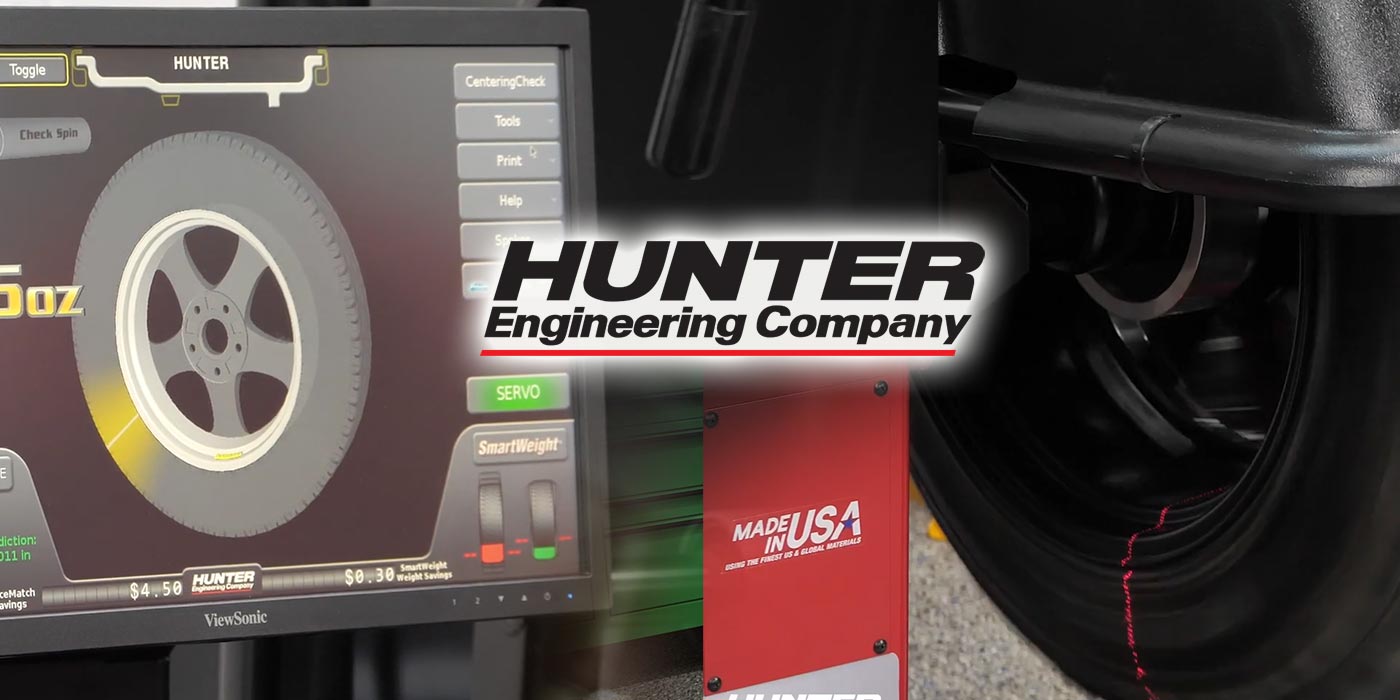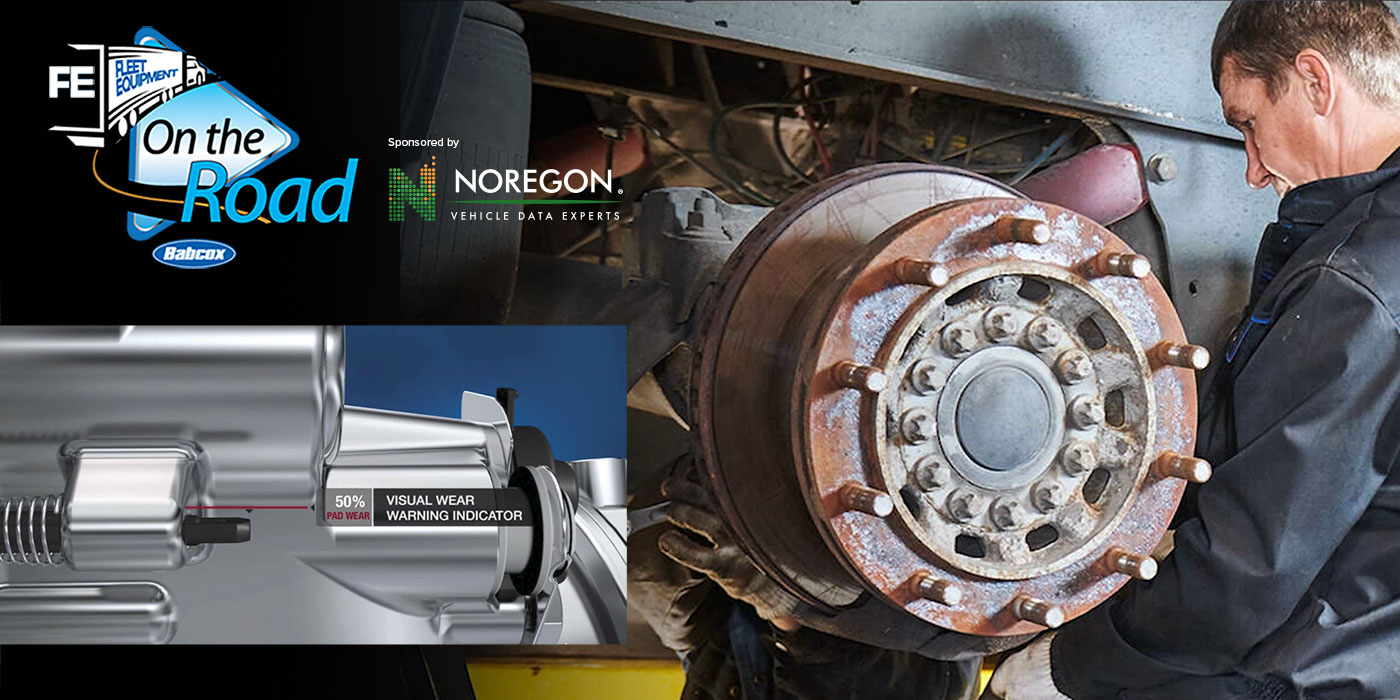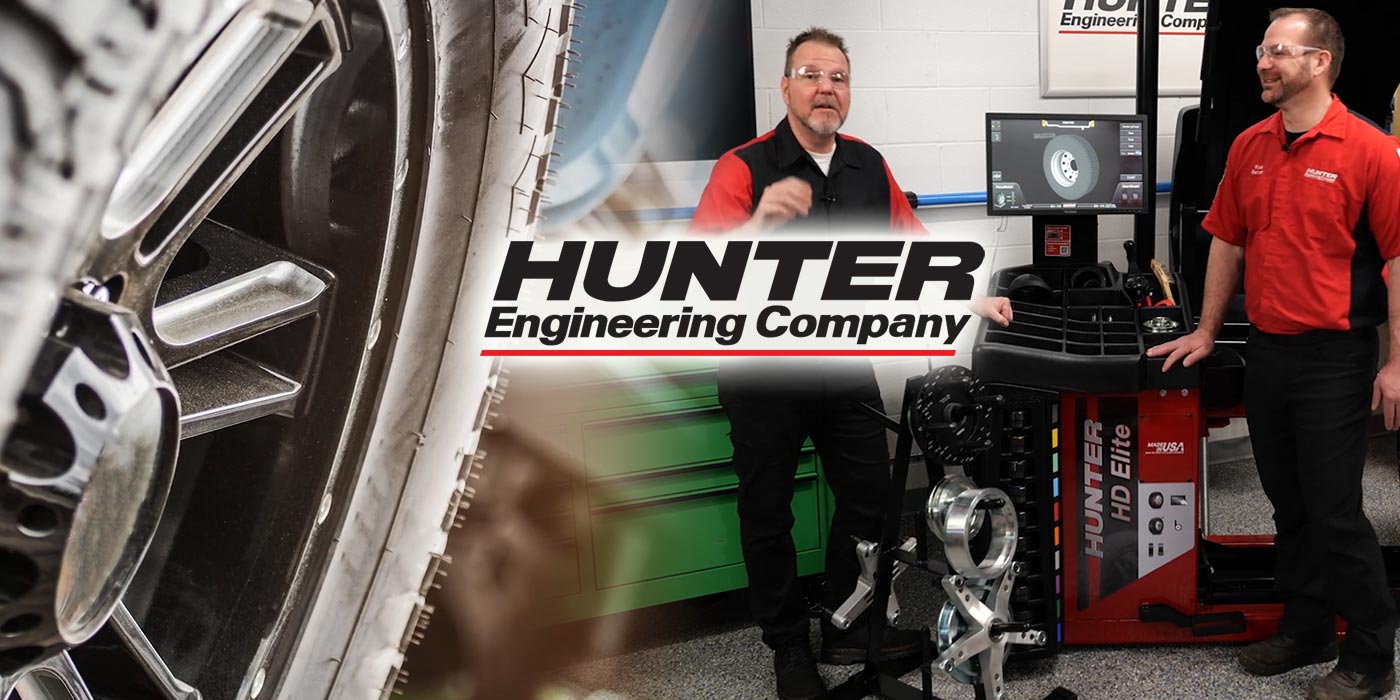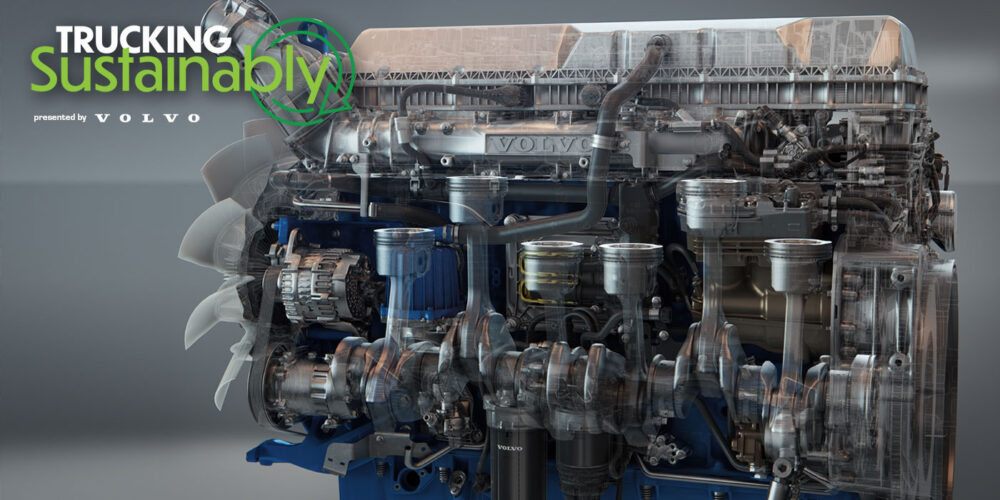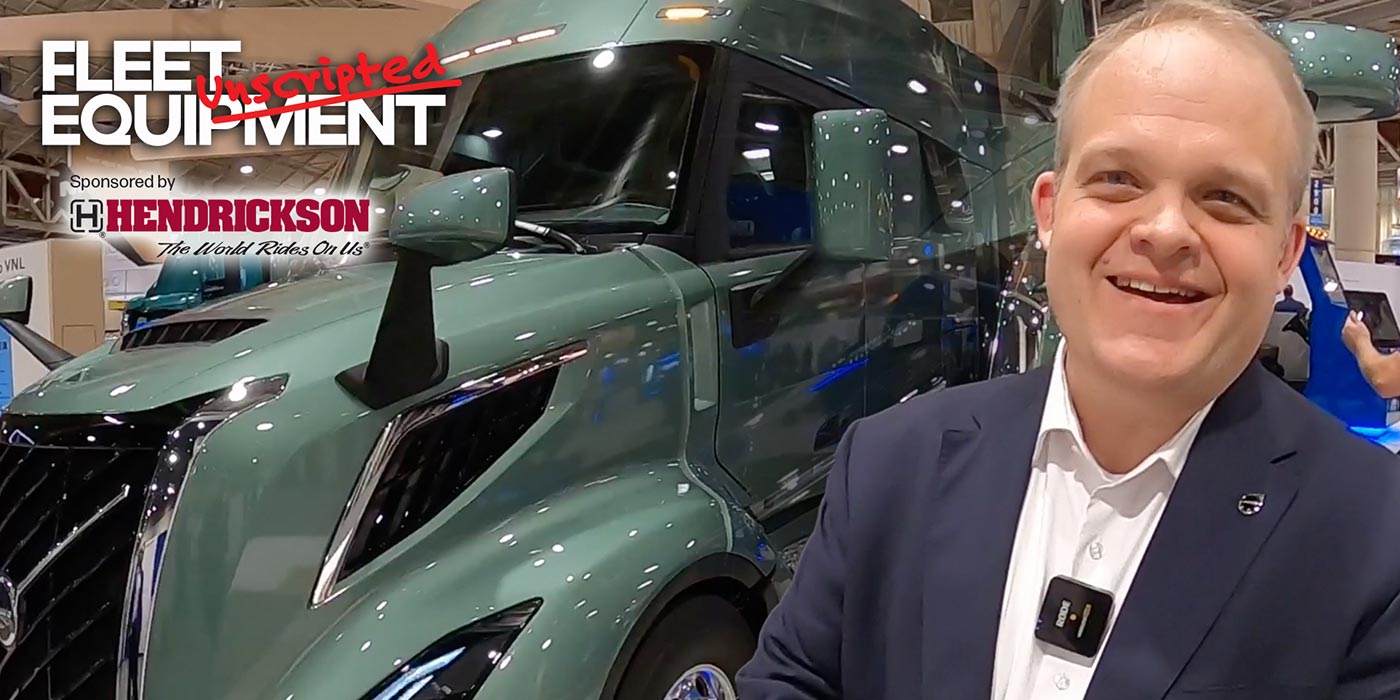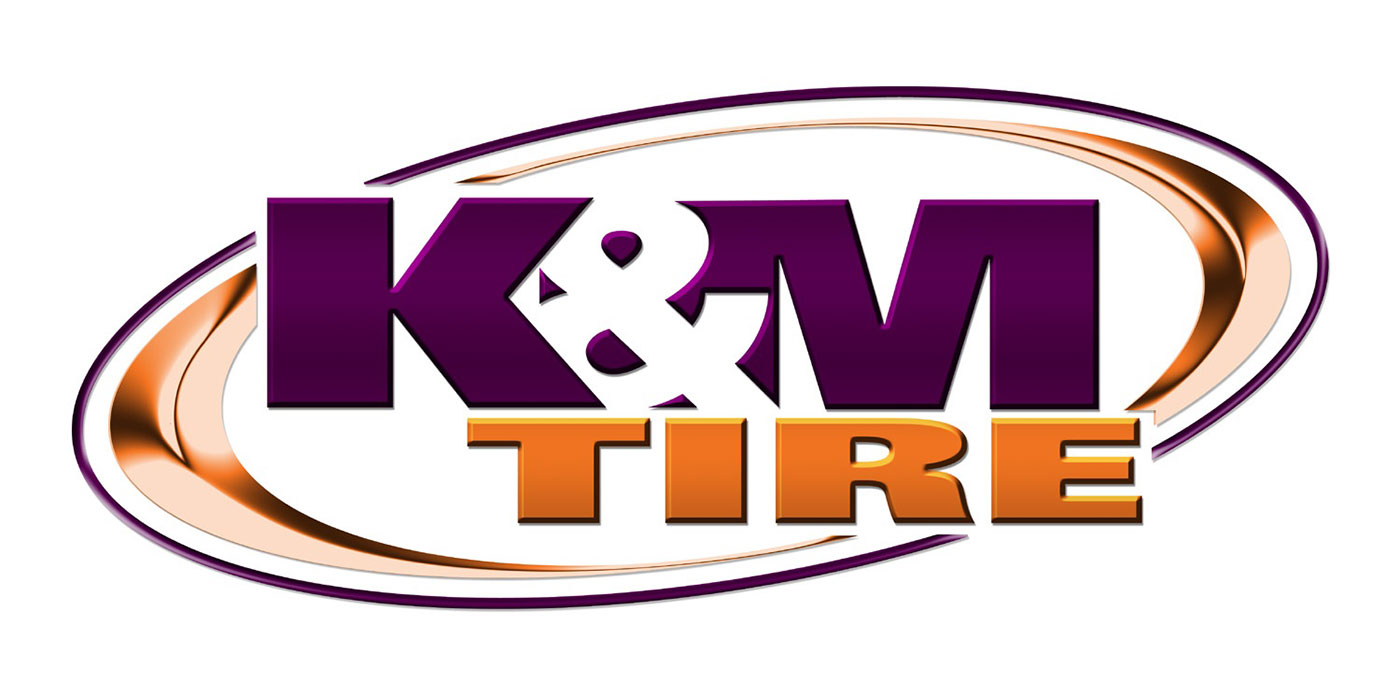The battle to improve tire inflation continues across the trucking industry. Running proper tire inflation can drive a host of well-documented bottom-line returns, but it’s a struggle even with prolific automatic tire inflation systems on trailers and tire pressure management systems on tractors. Loads change, weather conditions change and road conditions change. Maintaining proper tire inflation means hitting a moving target every time, and missing that target can manifest in many ways. Brent Hickman, senior manager of equipment maintenance and sales at Pilot, saw tire inflation challenges in uneven tire wear.
“In our tanker fleet, we’re loaded and unloaded so many times throughout the day and running wide-based tires, we would see unusual wear—and that’s a lot of tire expense with that,” he explained.
He walked conference floors looking for tire inflation solutions. “I was searching for something that was more feasible from a monitoring standpoint and that would eliminate human error possibilities. There are a lot of systems on the market that will do one thing but not another.”
At one conference, he got to talking with Bob Davis, vice president of business development at Drov Technologies. Together, they set out to run a tire inflation and monitoring system that would meet Pilot’s tanker trailer tire inflation needs, provide visibility into tire pressures during operation and ultimately reduce the uneven tire wear problem that was driving costs up. Enter Dynamic Tire Inflation.
“As part of our [Dynamic Tire Inflation] test, I was in Oklahoma City, and we had one of our tankers come in so that I could set the pressures myself, this was without the Dynamic Tire Inflation system,” Hickman said. “I set the tire pressure myself at 100 PSI. The driver left, ran a load, came back and the tires were a 148 PSI, 134 PSI, 129 PSI, and around 130 PSI. They were all over the board just from the heat fluctuation. The trailing that came back with the Dynamic Tire Inflation held all of the tires at an even pressure.”
Hickman and Davis sat down to talk through the technology, how they tested it and the results they saw. Watch the video above for the full conversation.

